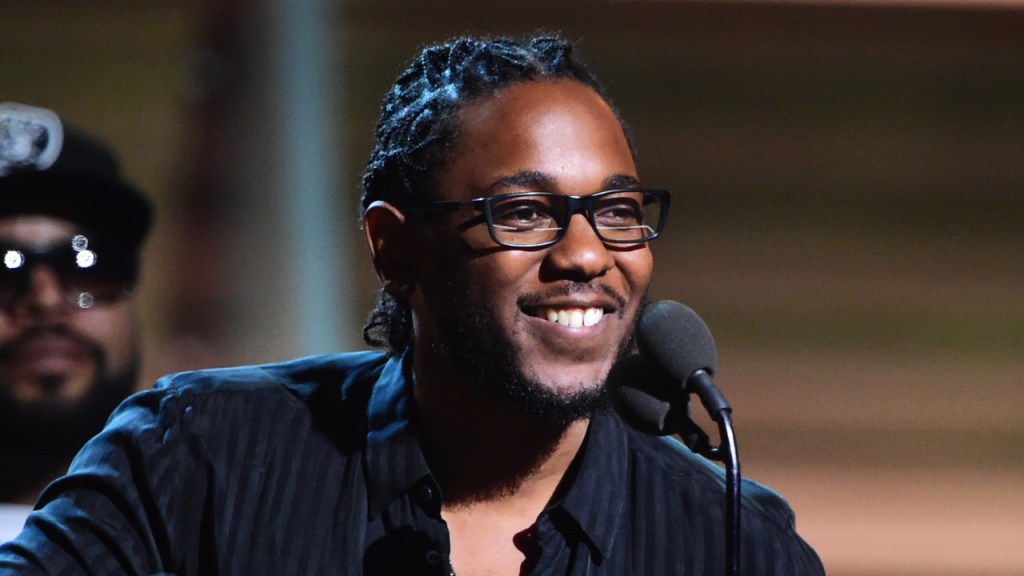Kendrick Lamar’s recent trip to Ghana is the subject of an upcoming documentary from Spotify. On Thursday (June 9), the streaming platform released the first teaser trailer for the newly-announced film, which follows the Compton native around for the day in Ghana’s capital city, Accra.
Kendrick is all smiles in the 15-second clip as he kicks back and chops it up with the locals from the city streets to the sandy shores. In one scene, the pgLang rapper poses with a group of young people at Freedom Skate Park, Ghana’s first fully functional skate park founded by the late Virgil Abloh.
“First time in Ghana,” K. Dot says while soaking up the vibes in the motherland. “I couldn’t even tell you what day it is. I’m just being in the moment. This life shit, it’s all about an experience, and everybody got their own different experience.”
The documentary is set to premiere next week, according to Spotify, although an exact release date has yet to be announced. The film coincides with Kendrick’s performance as part of Spotify’s Cannes Lions International Festival of Creativity lineup on June 20.

AD LOADING...
Kendrick Lamar certainly seemed to make the most of his time in Ghana in the run up the release of his latest album Mr. Morale & The Big Steppers in May.
The Pulitzer Prize-winner was spotted dining at Kōzo Restaurant with his family, holding a release party for his aforementioned record and playing soccer with the locals in Jamestown. He also filmed part of his “N95” music video in the West African country.
That wasn’t K. Dot’s first time in the motherland. The rapper previously sojourned to South Africa in 2014 and visited historic sites such as Nelson Mandela’s jail cell on Robben Island, a profound experience that shaped his 2015 album To Pimp a Butterfly.

AD LOADING...
“I felt like I belonged in Africa,” Kendrick told Cuepoint. “I saw all the things that I wasn’t taught. Probably one of the hardest things to do is put [together] a concept on how beautiful a place can be, and tell a person this while they’re still in the ghettos of Compton. I wanted to put that experience in the music.”




